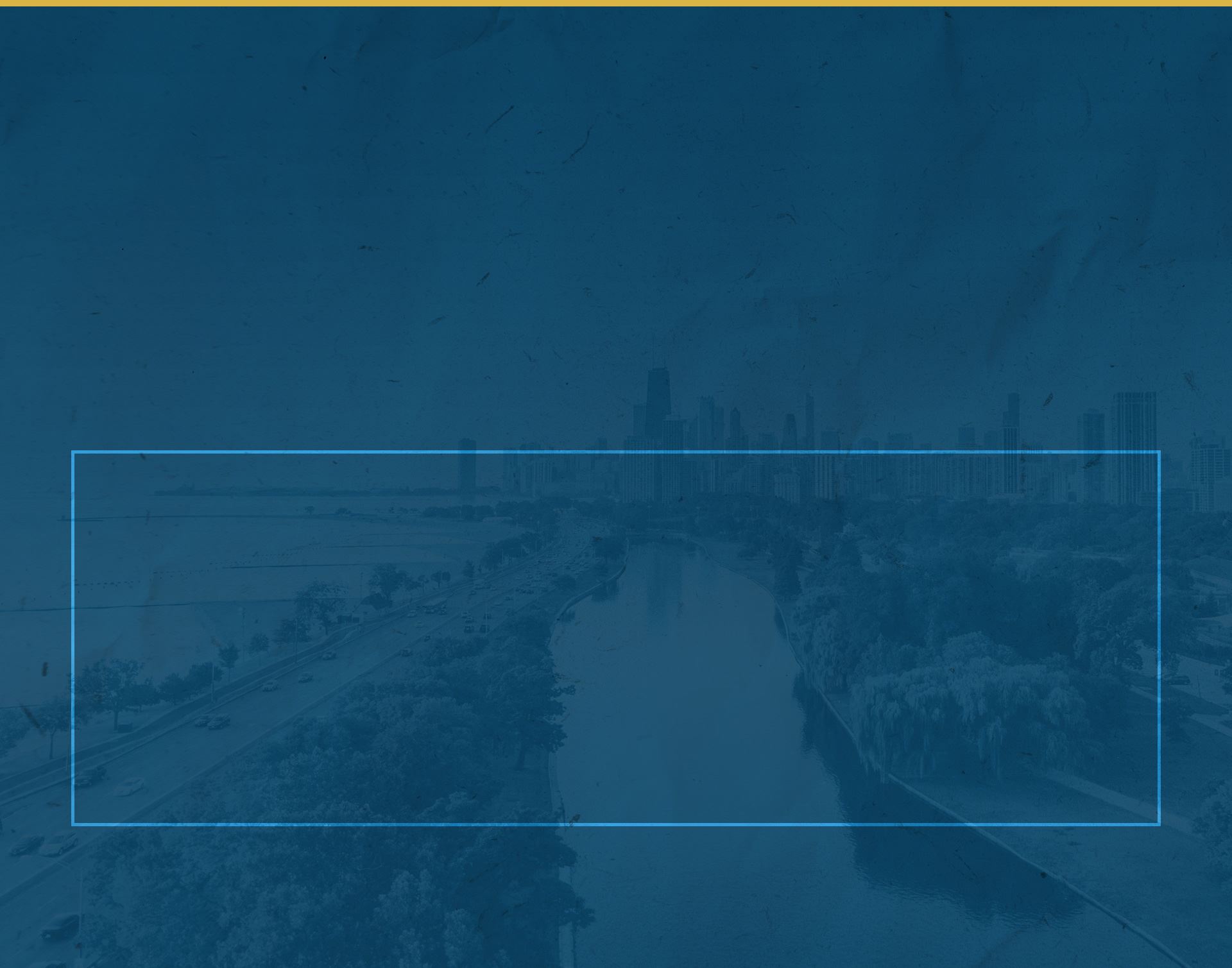
Chicago Foreclosure Defense Lawyer
Stop Foreclosure Now! Call (312) 957-8077 for a Free Consultation.
If you have found yourself in a serious rough patch, several areas of your life may be affected, including your ability to manage day-to-day expenses. One of the most devastating consequences of financial hardship can be the threat of foreclosure on your home.
Fortunately, there are a number of ways to get back on the road to recovery before matters get worse. If you act quickly, you may even be able to stop the foreclosure process altogether. With the help of a foreclosure attorney in Chicago from our firm, we help you find a solution that fits the circumstances you are facing.
Contact Attorney Joseph P. Doyle online or call (312) 957-8077 to set up a free initial consultation with a foreclosure defense attorney in Chicago. Se habla Español.
Fighting Foreclosure Through Bankruptcy
One of the most effective ways to halt foreclosure in Chicago is to start the bankruptcy process. As soon as you complete all required paperwork and submit your petition to the court, the court will usually move quickly to order an automatic stay. This order acts as a "cease and desist" against creditors who attempt to collect overdue debt. Creditors must stop their efforts until the bankruptcy is resolved.
Filing for bankruptcy can create a significant pause in the foreclosure process in Illinois, giving homeowners time to regroup and review their financial options. In Chicago, the timeline often depends on how quickly the court manages the petition, so timing can make a difference when seeking relief. We inform clients about what to expect in this process, including the way Cook County regulations may affect scheduling for court hearings and lender actions.
The automatic stay applies to all impending foreclosures, allowing you to remain in your home for a limited time. While the automatic stay can be a lifeline, it typically only provides a few months to form a plan and get your finances back on track.
Foreclosure During Chapter 13
If you want to completely stop the foreclosure process, consider filing for Chapter 13 bankruptcy. This approach lets you reorganize your finances and set up a reasonable payment plan that typically spans three to five years.
In the Chicago area, Chapter 13 works well for homeowners who earn a steady income but have fallen behind on mortgage payments. The court supervises the repayment plan, so lenders must comply if the court approves it. We guide clients through the local process, making sure you understand how the repayment schedule aligns with Illinois foreclosure law and how your rights and obligations may differ under Chapter 13 versus Chapter 7 bankruptcy.
If you earn enough to meet your current mortgage payments—no matter how far behind you are—while repaying debt under the new plan, you may avoid foreclosure and keep your home when the process ends.
Filing for Chapter 7 generally only delays the foreclosure process, as the debtor receives just a few months to work on a plan under the protection of the automatic stay.
How Illinois Foreclosure Laws Affect Homeowners
Illinois uses a judicial foreclosure process, which means lenders must proceed through the court system before they can foreclose on a property. In Cook County, this process can extend the timeline—sometimes by several months—before a property is transferred. Homeowners in Chicago receive formal notice, have a chance to respond in court, and may have legal defenses available depending on the circumstances.
We watch every step and explain how local procedures, including the right of redemption and court scheduling, could give you extra time or options to address your situation. This legal structure offers opportunities to use tailored defense strategies that differ from those in non-judicial states.
Knowing how state laws affect foreclosure allows you to make informed choices about your home. If you receive formal notice from the court or your lender, acting quickly and considering every legal option is essential. Our familiarity with Chicago courts and Cook County rules means we provide guidance that matches what local homeowners face during this complex process.
Alternatives to Foreclosure for Chicago Homeowners
Many Chicago homeowners benefit from options beyond bankruptcy that may help prevent foreclosure. Loan modification, for instance, could result in more affordable payments agreed directly with the lender, allowing you to keep your home while meeting new terms. In some cases, a short sale—selling the home for less than the remaining mortgage—offers a way out from mounting debt without a formal foreclosure on your record. Others may consider negotiating a deed in lieu of foreclosure, which can provide a direct agreement with the lender and help prevent additional court proceedings.
Each alternative comes with benefits and risks that depend on your financial situation, lender cooperation, and the local real estate market. We assist clients as they evaluate these choices, sharing what to expect from lenders who operate in the Chicago area. Exploring all available avenues enables you to decide how to move forward in a way that matches your needs and goals.
Keep Your Home! Trust in Our Chicago Foreclosure Lawyer.
If you face the threat of foreclosure in Illinois, you should not wait to contact Attorney Joseph P. Doyle. Acting quickly matters, as you often have a limited window to resolve your debt and fight foreclosure on your home. Taking the first step can feel intimidating, but you only need to call (312) 957-8077.
Each foreclosure case is unique, and many Chicago homeowners wonder how the process could impact their future. We discuss available options, helping you understand what to expect at each step, whether your property is in a city neighborhood or a Chicago suburb. Our team stays current on Illinois foreclosure laws and the specific rules used by local courts, so our recommendations reflect what homeowners encounter in this area.
Tell us about your case by submitting a form or call (312) 957-8077 to speak with our foreclosure defense attorney in Chicago today! We are prepared to help!
FAQs
How long does foreclosure take in Chicago?
The timeline for foreclosure in Chicago can vary, but it often takes several months to over a year since Illinois requires the lender to foreclose through the court system. The process includes legal filings, court review, and opportunities for homeowners to respond.
What happens if I ignore a foreclosure notice from the court?
If you ignore a foreclosure notice, the court may allow the lender to move forward without your response. That can speed up the process and reduce your options for defense or resolution.
Can I stop foreclosure after the process has started?
Depending on your situation, there are ways to delay or stop foreclosure even after it begins. Bankruptcy, loan modification, and discussions with your lender may offer solutions that help you keep your home.

Why We Are Prepared to Help You

-
We Can Help to Eliminate Your DebtWe strongly believe in providing clients with accessible and honest advice throughout the entire bankruptcy process.
-
We Can Protect Your Consumer RightsWe are dedicated to protecting you from debt collection, telemarketer abuse, unfair auto financing, and student loan debt.
-
We Can Help End Wage GarnishmentWe can help put a stop to collector calls, garnished wages, and frozen bank accounts to move to a stronger future.
-
We Can Put a Stop to Creditor HarassmentWhen you hire us to handle your lender negotiations or bankruptcy, debt collectors can no longer contact you.